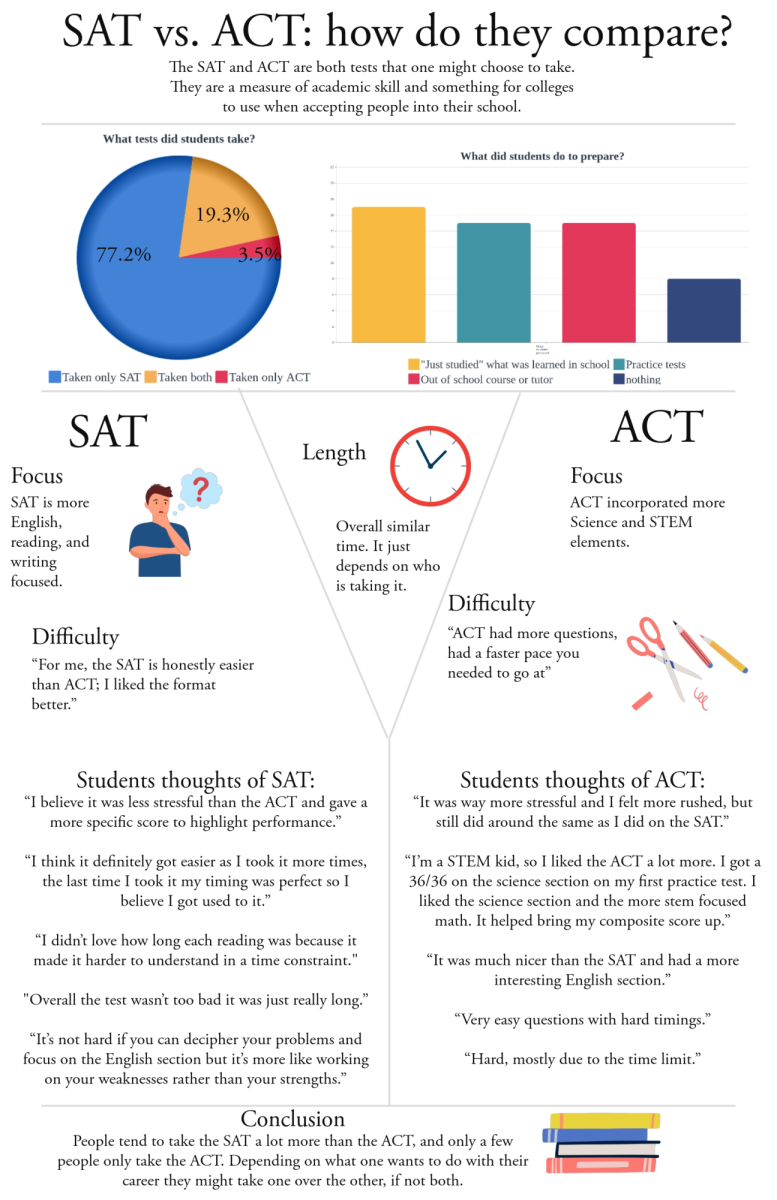Why rezoning is the worst idea for LCHS
January 17, 2022
During the multiple school board meetings that occurred over the past few months, determined and passionate LCPS parents, students, and residents spoke up against the new school rezoning plan in LCPS. Despite many public remarks, the rezoning plans passed on December 13, 2022 and will be moving a select few communities (CL06, CL32, CL32.1, CL32.2) out of Loudoun County High School.
Loudoun County High School was established in 1954 for a much smaller community. With recent housing developments and population increases, the physical school building can no longer hold the large amount of students filtering in from new communities, but that does not justify rezoning such a small number of students. With the recent Grand Jury issues regarding the sexual assault cases, abrupt switch in superintendents, transgender policy conflicts, and countless other significant changes in our school system, often putting us on the national news radar, now is hardly the time to be moving forward with a new rezoning plan even if its only a small amount of students being rezoned. .
Along with the many problems LCPS has faced in the past few years, students and staff have also returned from the COVID-19 pandemic years where students’ mental health plummeted into scary extremes. The Centers for Disease Control and Prevention expressed in a 2019 study that “the proportion of mental health-related visits for children aged 5-11 and 12-17 years increased approximately 24% and 31%, respectively,” since 2018 and has continued to stay high.
After such an isolated two years away from our schools, it’s no surprise that students everywhere are experiencing challenges with their mental health, and rezoning will only increase the stress on the affected. As young and social beings, these students have created strong and meaningful relationships and bonded with their fellow students as well as teachers, coaches and staff. To completely remove them from the community they have spent so long building will negatively impact students even more than they have already been affected.
If that isn’t enough, in studies by the American Academy of Pediatrics, it was concluded that “rates of childhood mental health concerns and suicide rose steadily between 2010 and 2020 and by 2018 was the second leading cause of death for young ages 10-24.” COVID-19 greatly affected and still affects students’ mental health and thoughts of suicide. Forcing students to move to a new school so soon afterwards will only have negative consequences.
In the decision made by the board about rezoning plans, rates of negative mental health in students were not accounted for, regardless of how much evidence there is showing the decline in students’ well-being.
Worsening of mental health in students also causes a decrease in motivation which leads to a decline in academic performance. In an article written by Joseph Gasper, Gasper restates from a study, Rumberger & Larson, that “the majority of high school dropouts switched schools at least once, while the majority of high school graduates did not.”
For students with learning challenges, ELL students and other students who require different accommodations that have already been established at their prior schools (and fought for by parents/guardians to help them succeed) switching schools can affect their much needed resources and relationships with teachers.
If the decrease in student well-being and lack of good performance in schools isn’t enough to show why rezoning is a horrible idea, the small switch of a total of 191 high school students and 126 middle schools is hardly making a difference in program capacity. By the 2028-2029 school year, Loudoun County High School’s capacity will already be back to 99% and rezoning will yet again shift more small communities of students that don’t make a dent in fixing the over-capacity issues.
School board members expressed that the rezoning plan was also modified due to the need for change in socio-economics throughout our schools. Although important, the mental health, strong relationships within schools, and education of students is of equal importance when considering the movement of small communities.




















